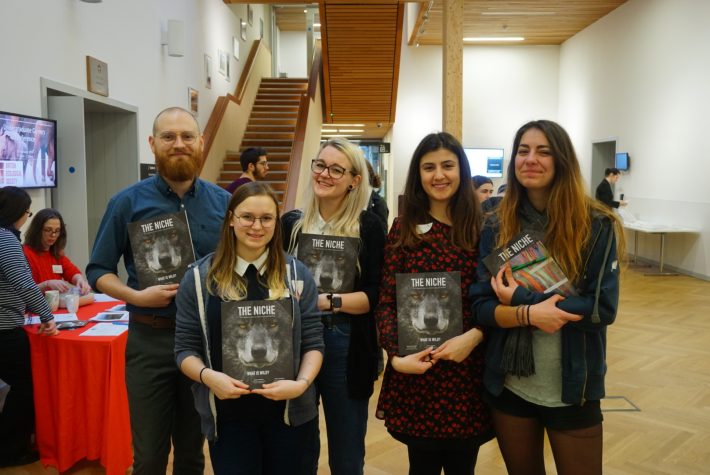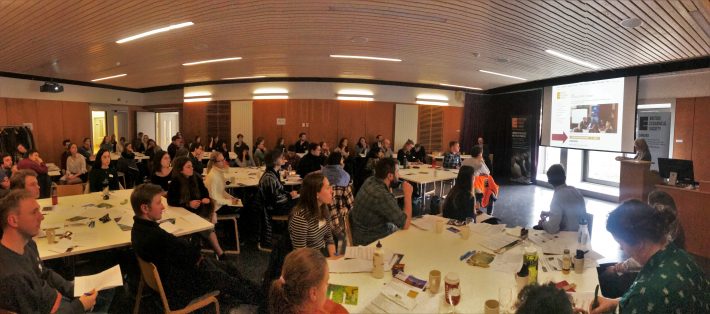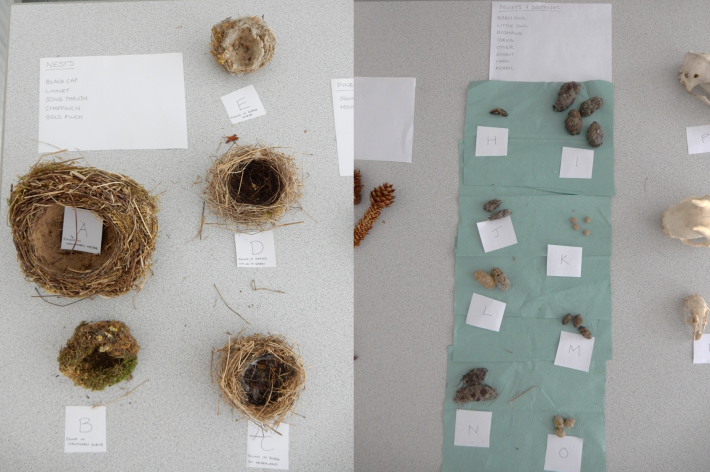Guiding the next generation of ecologists
Last week we celebrated National Careers Week, an initiative to recognise and promote careers guidance so that students leaving education can make informed choices about what they do next. Over the course of the week we shared some of the careers resources and activities that the BES provides, via @BES_Careers.

As the global challenges facing our natural world intensify, the demand for people with ecological knowledge and skills is only going to grow as solutions are sought. To support and encourage the next generation of ecologists, we must provide insights into what a career in ecology actually involves and give practical advice on how you can pursue the array of pathways on offer.

In February, we held our annual Undergraduate Careers Conference to showcase the great diversity of job opportunities within ecology. It took place in Edinburgh for the first time and was a sell-out event, attracting over 60 delegates. Students received advice and inspiration from speakers representing a breadth of ecological careers, from researchers to science communicators.
Summer 2019 will see the return of our hugely successful Undergraduate and 16-18 Summer Schools. These week-long residential trips, located in beautiful natural surroundings, allow students to carry out fieldwork, engage with ecologists and receive personal guidance for their future. For those further along in their careers, we provide a host of activities including mentoring schemes, grant writing workshops, public engagement training and various volunteering opportunities.

National Careers Week has also been a chance to see what new resources we need to provide to support developing ecologists. To reach even more individuals, and expand on our successful Careers Conferences and Summer Schools, we will be developing a new ‘Careers in Ecology’ resource. A series of personal careers profiles will aim to: showcase the wealth of different roles available to someone trained in ecology; provide practical advice on how to follow each pathway; and, ultimately, to encourage more talented individuals into ecology. As well as promoting a range of careers, we want the resource to reflect the diversity of people that engage with what is a vibrant and valuable ecological community.
If you would like to get involved – either as someone to be featured in one of the profiles or to help with the development – please email Christina Ravinet.

Like what we stand for?
Support our mission and help develop the next generation of ecologists by donating to the British Ecological Society.